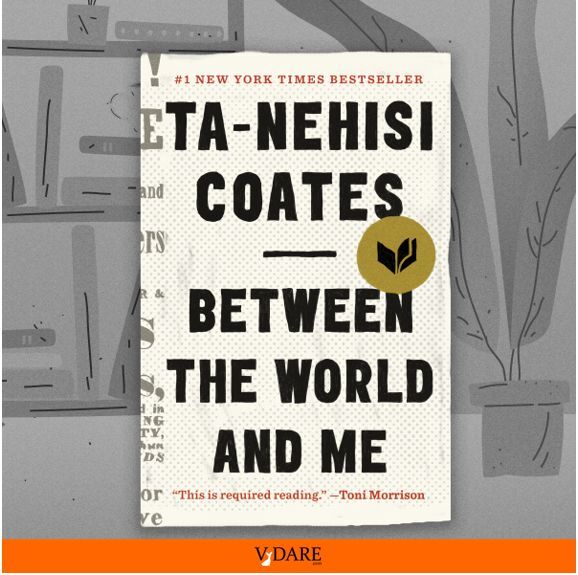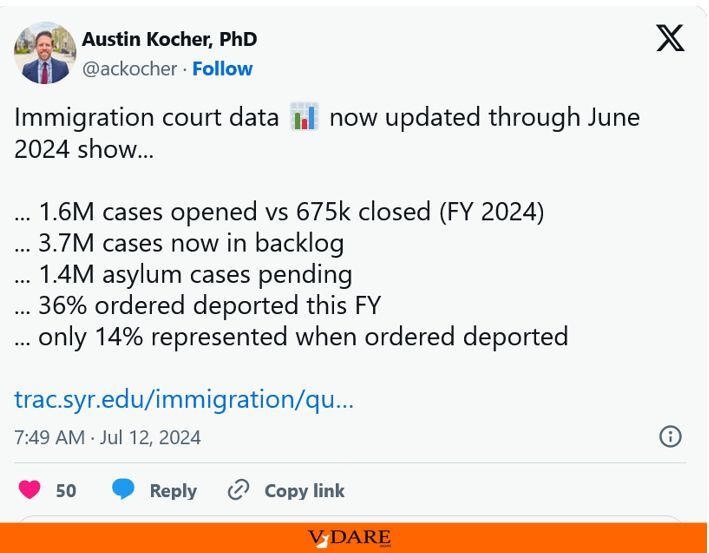Many people think I’m just making up the term “racial reckoning” for describing the mainstream media’s enthusiasm for promoting riot and crime following the death of George Floyd. But, though in decline during the 2022 election season, when it suddenly became the conventional wisdom that the racial reckoning never happened, it is still being used. From the Washington Post:
How Penn State abandoned a big pledge on racial justice
Many universities have committed to a racial reckoning. But what happens when the leadership changes?
By Nick Anderson
January 5, 2023 at 6:00 a.m. ESTBy the time Barron retired this past spring, Penn State had announced the formation of a Center for Racial Justice and opened a faculty-led search for a founding director.…
Now, though, Penn State’s version is dead. Barron’s successor, Neeli Bendapudi, canceled the project in late October, avowing a commitment to equity and inclusion but saying it would be “more impactful” to enhance support for existing work on racial bias. …
The episode underscores how a major university’s promises during an intense period of national racial reckoning are vulnerable to the passage of time and changes in leadership.
Uses of “racial reckoning” in the Washington Post / New York Times / CNN:
- Before Ferguson (ending 8/6/2014): 0 / 2 / 1
- From Ferguson to George Floyd (8/7/14 to 5/24/20): 3 / 6 / 3
- May 25, 2020 to 12/31/2020: 26 / 55 / 104
- 2021: 27 / 91 / 104
- 2022: 7 / 47 / 19
It appears that the use of the term “racial reckoning” was fading in 2022, although less so in the NYT, which publishes more cultural bosh, than in the WP or CNN, which are more focused on what the Democratic National Committee talking points are this week.











